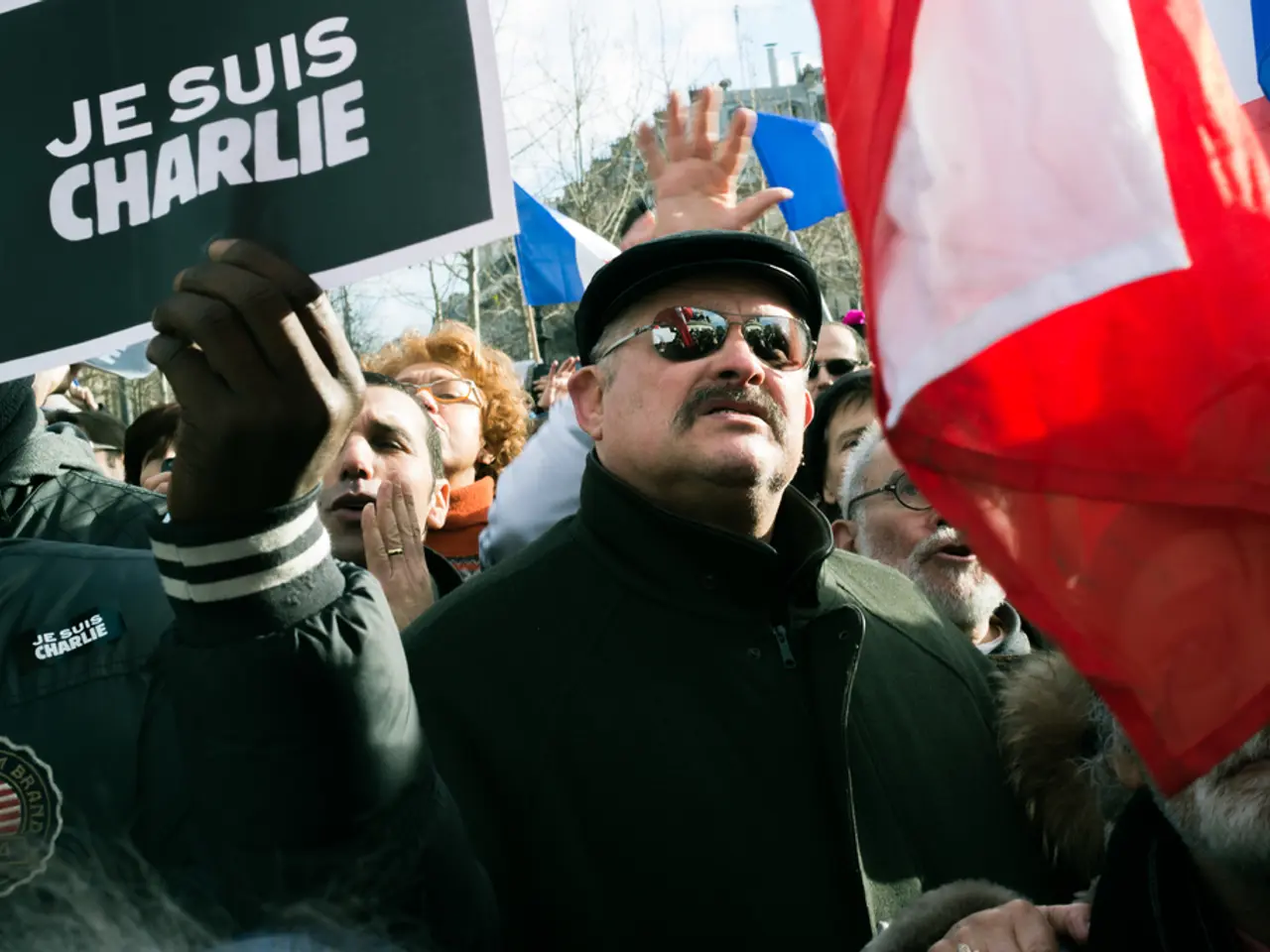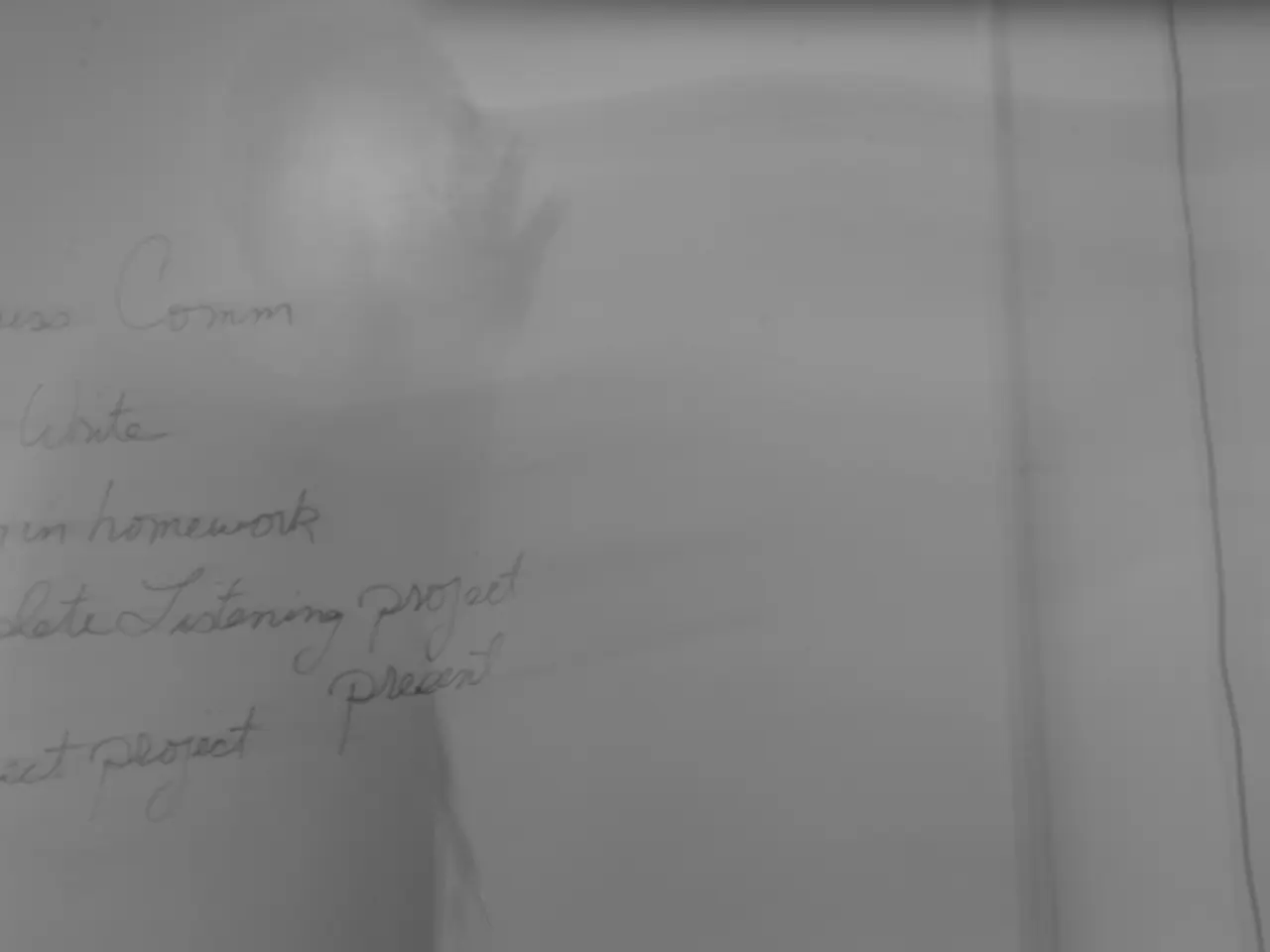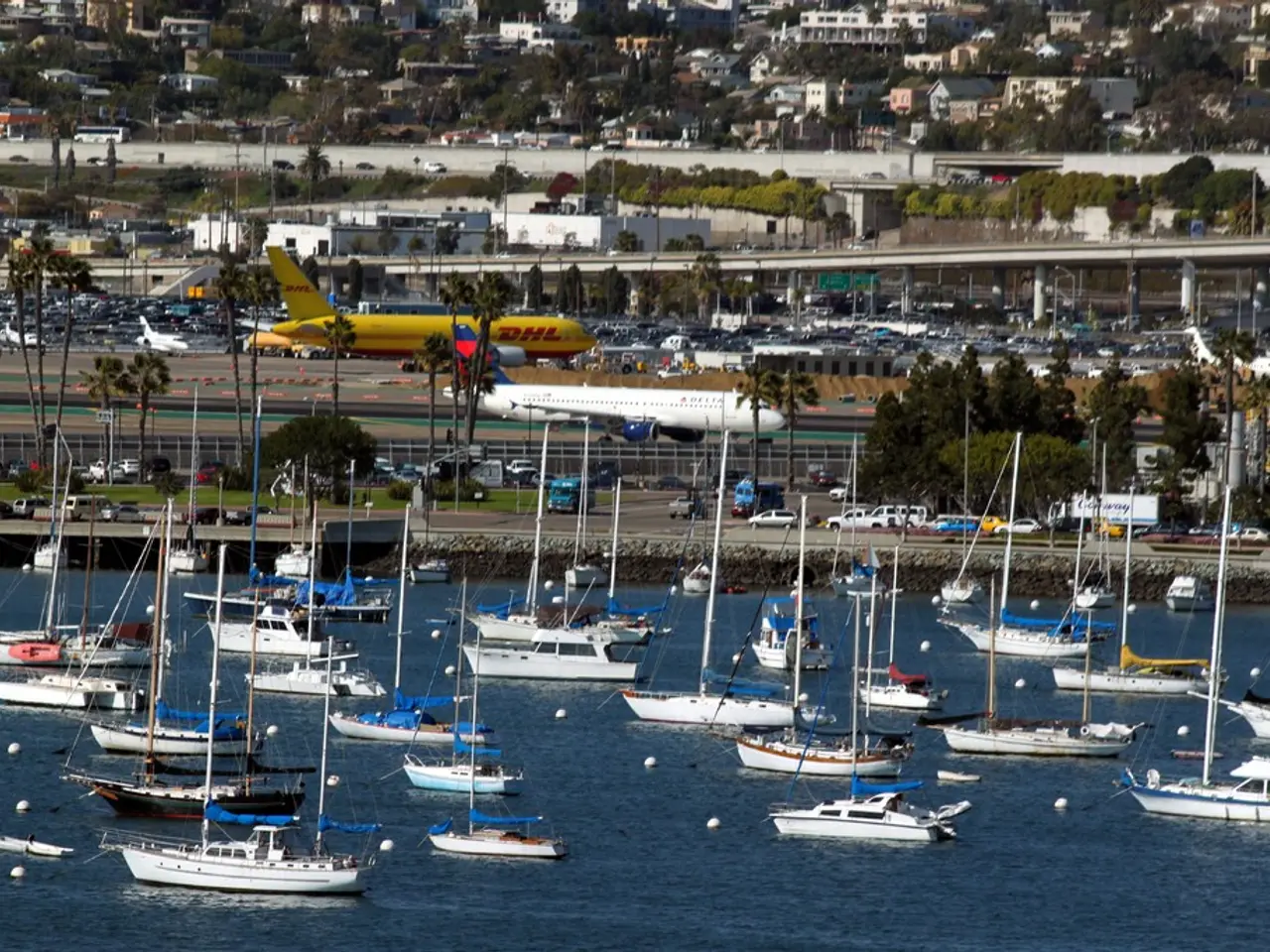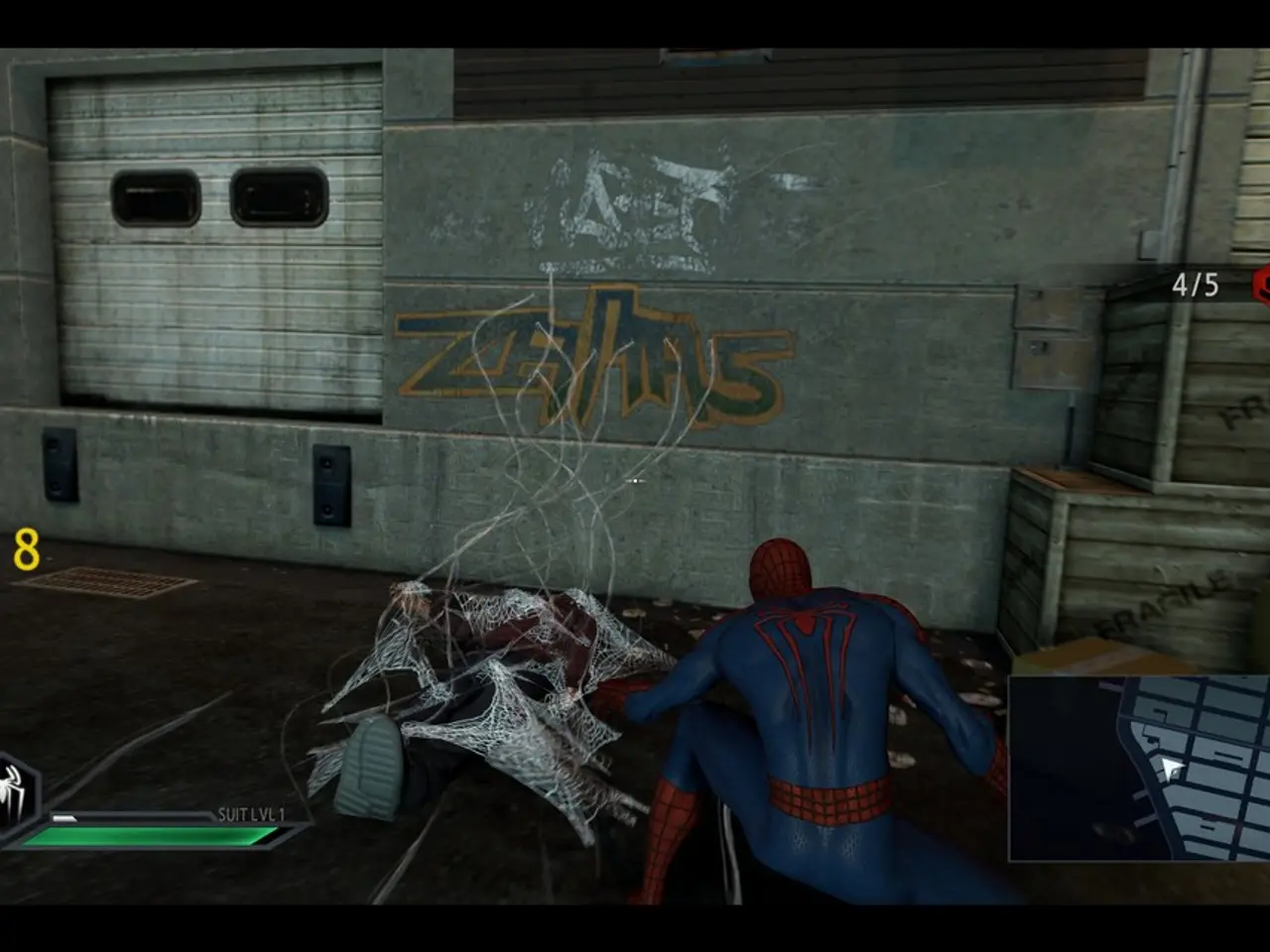Brazilians Burn Donald Trump Figurines in Protests Over Tariffs Infuriating Them
In a significant turn of events, the United States has imposed a 50% tariff on Brazilian imports, effective August 6, 2025. The move comes in response to Brazil’s actions that allegedly undermine “free elections” and disadvantage U.S. social media platforms. This tariff increase follows a July 9, 2025 letter from President Trump threatening such measures and was formalized in an executive order.
The U.S. Trade Representative also initiated a Section 301 investigation into Brazil, citing unfair trade practices, including issues around digital trade, intellectual property, ethanol market access, and environmental concerns like illegal deforestation.
Brazil, led by President Luiz Inácio Lula da Silva, has denied these U.S. claims and is preparing to respond with retaliatory countermeasures under Brazil’s new Economic Reciprocity Act (Law No 15,122, signed in April 2025). This law allows Brazil to impose reciprocal tariffs and suspend intellectual property protections against unilateral foreign tariff increases.
The dispute between the two countries pulls from multiple longstanding trade irritants, including tariff policies, digital platform regulations, market access, and political concerns reflected in each country’s recent government actions.
In Brazil, the controversy has led to protests against President Trump. Brazilians took to the streets in Brasilia, Sao Paulo, and Rio de Janeiro on Friday, expressing broad anger at Trump's actions. The protests were in response to Trump's politically motivated trade tariffs on Brazilian exports.
At the heart of the controversy is Alexandre de Moraes, the presiding judge in the coup trial of former President Jair Bolsonaro. Moraes has repeatedly taken aim at the Brazilian far-right and its figurehead Bolsonaro, as well as tech titan Elon Musk, over online disinformation. In a public address, Moraes vowed to continue working despite a US travel ban and assets freeze.
Bolsonaro is currently on trial for plotting a coup after failing to win reelection in 2022. A Brazilian general has given evidence that the alleged plotters also wanted to assassinate Lula da Silva and several other public officials. Trump has called the trial a "witch hunt," while Secretary of State Marco Rubio accused Moraes of "serious human rights abuses, including arbitrary detention involving flagrant denials of fair trial guarantees and infringing on the freedom of expression."
As of now, there is no information available about the current status of the trade tariffs or any potential consequences for the US-Brazil relationship. Similarly, no information has been provided about the current status of the trade tariffs on other countries apart from Brazil.
References: [1] Associated Press. (2025). U.S. imposes 50% tariffs on Brazilian goods over election interference. CNN. https://www.cnn.com/2025/08/06/business/us-brazil-tariffs/index.html [2] Reuters. (2025). Brazil vows to respond with tariffs after U.S. imposes 50% duties on its goods. Reuters. https://www.reuters.com/business/us-brazil-tariffs-2025-08-06/ [3] The New York Times. (2025). U.S. and Brazil trade tensions escalate over election interference and judicial actions. The New York Times. https://www.nytimes.com/2025/08/06/world/americas/us-brazil-trade-tensions.html
- The trade tension between the United States and Brazil expanded beyond tariff policies, as both countries' political spheres became increasingly involved, with issues such as digital platform regulations, market access, and political concerns reflecting each government's recent actions.
- Amidst the growing trade dispute, the US and Brazil's relationship has become more complex, extending to areas like general news, crime and justice, and even war-and-conflicts, as both nations grapple with the consequences.
- The tariff row between the US and Brazil has led to various business impacts, but it has also influenced the sports industry, with some athletes and teams expressing concerns about potential travel restrictions and their involvement in commercial partnerships with affected companies.
- The ongoing dispute has sparked debates in the policy-and-legislation and politics realms, as key figures like President Trump and presiding judge Alexandre de Moraes have taken opposing stances on a range of issues, from election interference to freedom of expression, fueling concerns over the future of the US-Brazil relationship.








